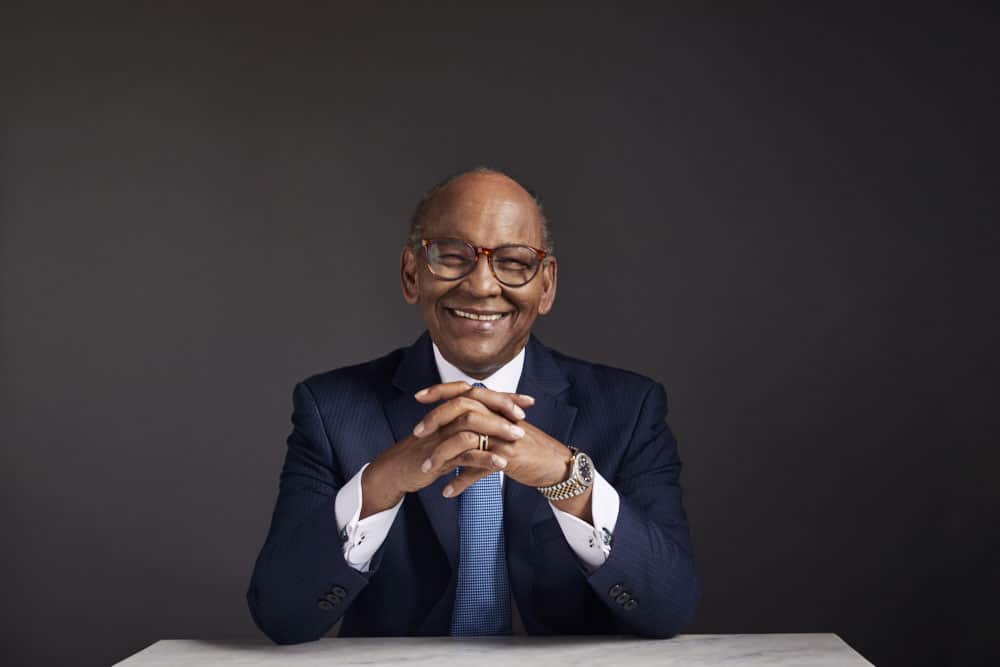The Terms and Conditions of Value Based Leadership

My 2011 BMW has 139,000 miles on it. The warranty expired after 50,000 miles and, as a precaution, I purchased extended protection. I knew that any future repairs could be very expensive. It seemed like a sound decision to buy the policy. As it turns out, the car needed three separate significant repairs that cost thousands of dollars. Each time the service advisor contacted the company that sold me the warranty, and each time they denied covering the repair. I followed up on each occasion with the warranty holder, and each time, they let me know that the repair was not a covered item under the agreement. After the third time, I became extremely agitated and canceled the policy.
Shortly after that, I received a call from a salesperson asking me why I had canceled. I shared the stories with them about none of my repairs was being covered, and the salesperson asked me, “Well, did you read the fine print within the terms and conditions completely upon purchase?” With that question, I politely ended the call and asked them not to call again. The fact is, I had not read the terms and conditions completely, and I certainly didn’t read the fine print. I had skimmed through them as I always do with everything I purchase. I mean, who actually reads the complete list of items in the terms and conditions of the stuff they buy? After I read the policy, I saw that, of course, they were correct. The policy stated what would be covered and what would not be covered. The company wanted to ensure that you knew they would only cover faulty parts, not normal failure associated with wear and tear. They also wouldn’t cover anything associated with improper use. That made sense. For example, were I to drive the car through a river, which that car is not meant to do, why should they repair it?
I began paying close attention to the phrase “Terms and Conditions” relating to any item I purchased. I began to read them in their entirety. Practically everything I bought had terms and conditions relating to its use. Whether it was a purchase from an app store or a new appliance for my home. The primary focus of all terms and conditions is this: if you use an item for something other than what it was made to do, you shouldn’t expect it to work as intended and it might stop working altogether. I later began translating that towards leading people.
Everyone, without exception, has specific terms and conditions that they expect in every relationship they have. Whether with a spouse, their children, friends, or their place of employment. If you stop and think for a moment, what are the terms and conditions you need to be observed in your relationships? When I’ve taught seminars on leadership, this is the first question I have the participants answer. They always consistently list value-based areas such as respect, trust, being treated fairly, and being listened to. When these are consistently disregarded, people do what any rational person does: they react negatively. If they are an employee for a company what they don’t provide are excellent results. They check out emotionally or quit silently before they quit physically. People quit people, not companies.
This is the theme of my book titled Congrats! You’ve Been Promoted. The reader is taken through a series of examples and exercises that highlight the importance of understanding the terms and conditions of value-based leadership. They Learn leadership techniques that strengthen the employee’s commitment to the organization while growing the leader’s skill and confidence.
Intentionality matters. Value-based areas such as Integrity, ethics, and maintaining an environment where people are to be treated with dignity can’t be left to chance. The leaders that employees see daily are far more impactful than the CEO or President of the company. Organizational Culture is created at the top. It’s executed at the bottom. The leaders at every level must be trained and coached on how to create a value-based yet accountable environment.
Everything about the company (the brand, the products, or services they sell) is impacted by the attitude and skill of its people. CEOs and Presidents are well served when they know that the frontline leaders within the organization know how to embed the terms and conditions of the value equations in their business. Results come from people not reports. For example, the founder of UPS, James E. Casey embedded this value in the organization. He did so by starting his day on the floor with the frontline teams. His visits became legendary within the organization. Naturally, the senior leaders wanted to emulate him. This created a culture where employees felt a deeper connection to the organization and its goals. That culture of observing and valuing every employee’s and customer’s terms and conditions still lives today.
Written by Noel Massie.
Have you read?
The World’s Best Medical Schools.
The World’s Best Universities.
The World’s Best International High Schools.
The World’s Best Business Schools.
The World’s Best Fashion Schools.
The World’s Best Hospitality And Hotel Management Schools.
Bring the best of the CEOWORLD magazine's global journalism to audiences in the United States and around the world. - Add CEOWORLD magazine to your Google News feed.
Follow CEOWORLD magazine headlines on: Google News, LinkedIn, Twitter, and Facebook.
Copyright 2025 The CEOWORLD magazine. All rights reserved. This material (and any extract from it) must not be copied, redistributed or placed on any website, without CEOWORLD magazine' prior written consent. For media queries, please contact: info@ceoworld.biz








